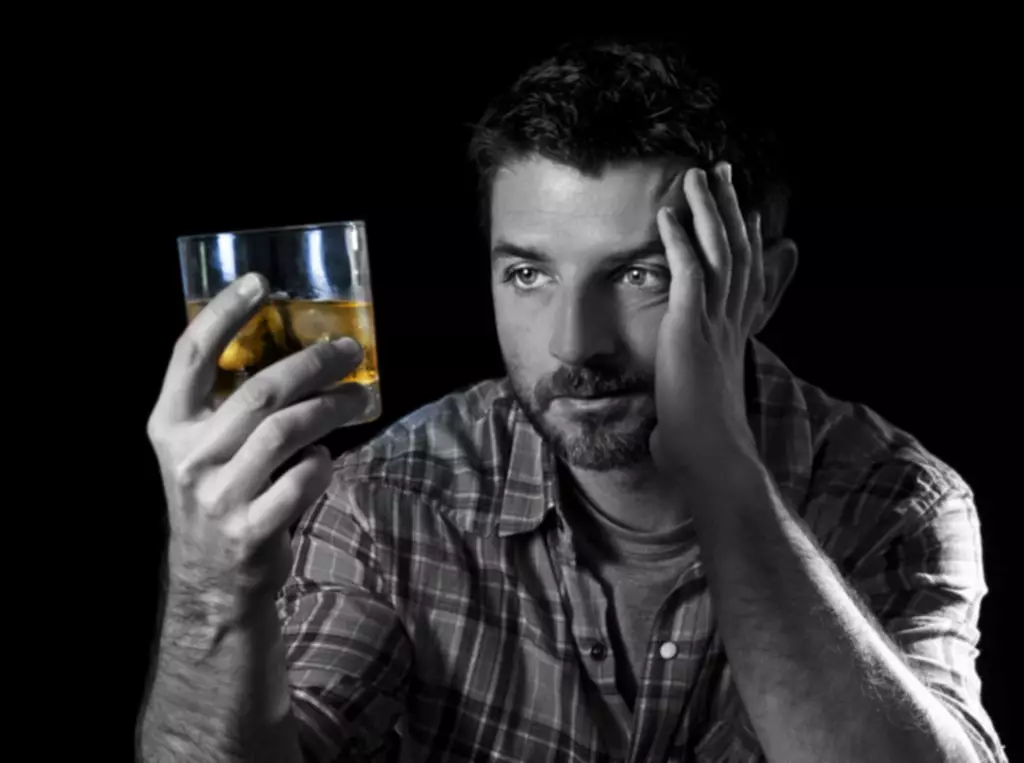
By complementing a meditation practice, individuals can increase their awareness of the present moment and improve emotional regulation. Another common challenge is staying motivated to continue the practice. It can be helpful to set achievable goals and to remind yourself of the benefits of meditation.
- Therapy can assist individuals in identifying and confronting the root causes that may have played a role in their substance use disorders.
- The more you practice meditation, the more you will become mindful of your thoughts and actions, and the more confident you will feel of avoiding automatic behaviors.
- Yet when our attention is continually somewhere else, we go through life on auto-pilot, never really seeing the richness of life or fully realizing our own potential.
Can Mindfulness Help With Addiction Recovery?
- By influencing the brain’s reward system, it helps individuals maintain sobriety and develop healthier coping mechanisms.
- Those in the combined program experienced fewer days with alcohol as well as substance abuse.
- It can also help individuals develop greater self-awareness and other mindfulness skills, which can be helpful for addressing the root causes of substance misuse and addiction.
- There are many types of meditation, but each aims to achieve a state of deep relaxation and awareness.
- Addictioncenter.com notes several other emotional and environmental triggers as well as warning signs for relapse.
These compassionate services are reliable, responsive, personable, and evidenced based. Most of the team providers carry multiple board certifications in psychiatry, addiction medicine and family medicine. They recruit the best and brightest addiction medicine professionals to deliver the highest level of treatment. Don’t judge yourself for having thoughts or cravings during meditation. Stay focused on the progress you’re making rather than perfection.
How Meditation Helps Overcome Alcohol Addiction
Amidst these trials, the practice of meditation is not only part of the 11th step, but is a beacon of serenity for many on their recovery journeys whether in a 12 step program or not. In meditations for addiction this article, we’ll explore how the art of mindful meditation can offer a peaceful break from life during your recovery process and life in addiction recovery. Additionally, mindfulness can enhance emotional healing by providing coping strategies that are beneficial for managing stress and triggers. Through practices such as meditation and mindful breathing, individuals develop a greater capacity to respond to trauma-related cues without automatically resorting to substance use.
Mindfulness Practices to Step Up Your Recovery
Pay attention to all of the information your senses are receiving from the environment such as the sounds of birds, the crashing of waves, or the smell of flowers. Guided meditation involves a facilitator that guides you through a visualization exercise. You sit in a relaxed position with your eyes closed and take several relaxing deep breaths. The facilitator takes you through a scenario as you use your imagination to feel various states such as happiness, peace, connection, or growth. This type of meditation helps you to explore your inner feelings, thoughts, and reactions. Check out these guided meditations, Drug rehabilitation or find many others online.


You can practice in your own home or in a peaceful place outdoors, such as near a lake, or in a garden, park, or forest. Choose an activity you like doing such as walking, tai chi, or yoga. Focus on the movements and how they feel and flow in your body.
The Benefits of Meditation

Discover essential addiction recovery support groups in Kansas to guide you on your journey to healing. Learn effective ways of talking to family about your addiction and rebuild trust for a healthier recovery journey. This meditation helps to regulate the pineal and pituitary glands. It is excellent for everyone, but particularly effective for rehabilitation efforts in drug dependence, mental illness, and phobic conditions. Health insurance coverage for addiction treatment may be available and depends on your specific insurance plan.
- Awareness of and attention to the present moment by detaching from thoughts of the past and future and allowing you to reconnect with your body and the world around you.
- This integrated approach ensures that individuals gain practical tools for managing stress and emotions.
- Discover essential addiction recovery support groups in Kansas to guide you on your journey to healing.
- Meditation has been proven to be very effective at rewiring neurological pathways.
- A guided meditation is a meditation that another person guides you through, whether in person or via a video or audio recording.
- Meditation changes our relationship to pain What is lovingkindness meditation?
There is only so much that you can control, and having the knowledge and tools to be able to choose how to react to situations beyond your control can help keep you on the track to recovery. If you aren’t able to let certain thoughts go, that’s perfectly natural for beginners and you can work your way up to it each time you meditate. Mantra meditation involves selecting a word or phrase and repeating it. Discover how to find suboxone clinics in tennessee that take insurance and start your treatment journey today with telemedicine options. Discover suboxone side effects weight loss and how to manage it effectively during treatment.


B. Explore different meditation techniques and styles to find what resonates most with you. This may include mindfulness, loving-kindness, or body scan meditations. In this post, we’ll provide a guided meditation script specifically designed for addiction recovery. Commit to a daily practice, even if it is just five or 10 minutes at first.